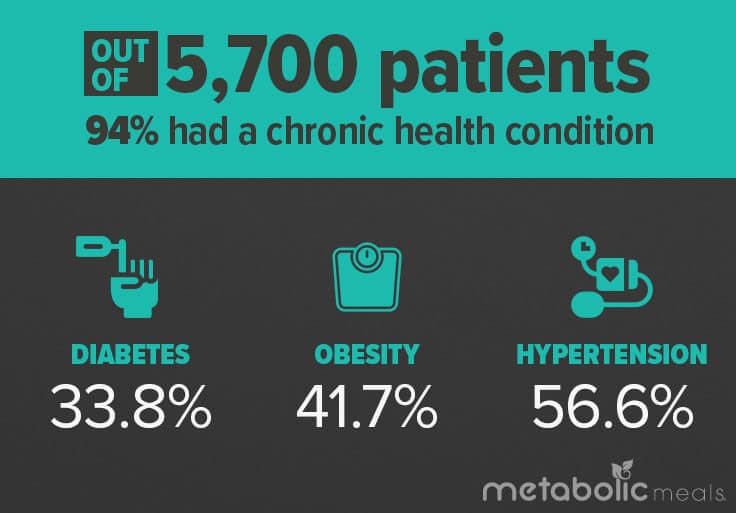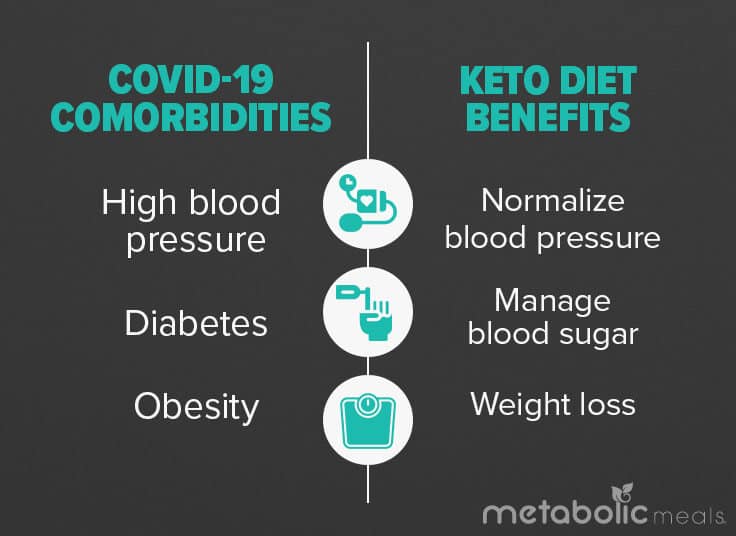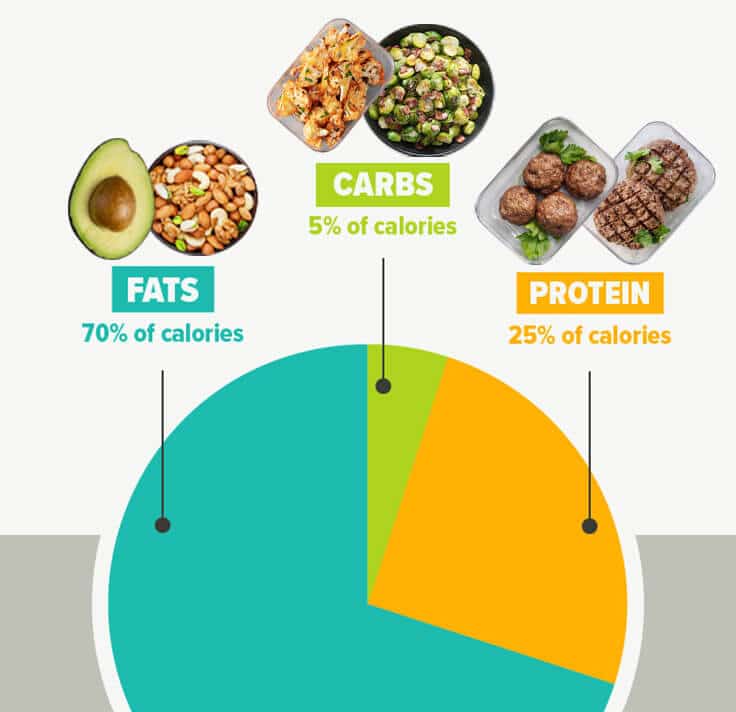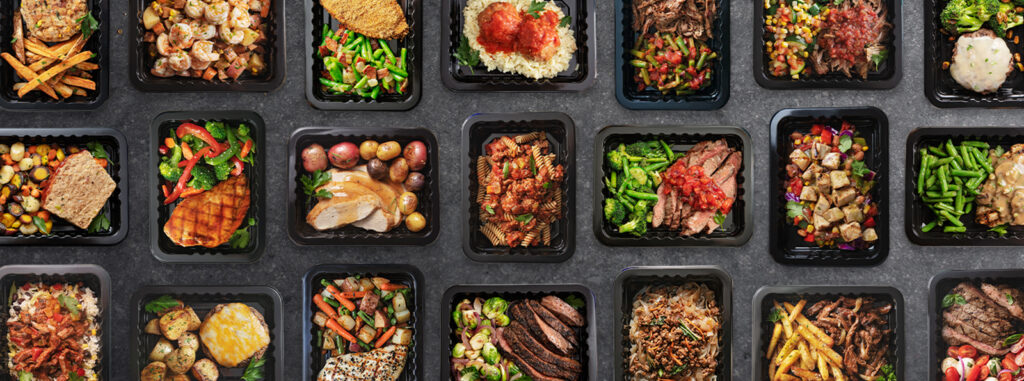ARTICLE AT A GLANCE
In the middle of a world pandemic, many are rushing for answers on what they can do to avoid the deadly effects of COVID-19. Improving your nutrition is a great way to stay healthy, but what is the best approach?
In this article, we examine the benefits of a keto diet during this uncertain time.
COVID-19 Comorbidities
If you step back and look at the big picture, you don’t see many healthy individuals dying of COVID-19.
The reason? Certain pre-existing conditions, regardless of age, are a major risk factor.
In March, Italy released a study reporting that 99% of Italy’s coronavirus fatalities were people who suffered from previous medical conditions. According to the study, more than 75% reported high blood pressure, while 35% had diabetes and 33% had heart disease.
In the U.S. a study was published April 22, 2020 in the Journal of the American Medical Association evaluating 5,700 patients hospitalized in the New York area due to COVID-19. It was reported that 94% of patients hospitalized had a chronic health condition. The most common comorbidities listed in the study were hypertension (56.6%), obesity (41.7%), and diabetes (33.8%).

Can a Keto Diet Help Fight Coronavirus?
The Keto Diet + Metabolic Health
Research strongly supports the use of a low carb or Keto diet to normalize blood pressure, decrease weight, and reverse Type 2 diabetes, all risk factors for coronavirus complications.

The Keto Diet + Influenza
New research from Yale School of Medicine has shown that mice fed a ketogenic diet were better able to combat the flu virus than mice fed food high in carbohydrates.
In investigating these findings, the researchers found that a ketogenic diet “activates a subset of T cells in the lungs, not previously associated with the immune system’s response to influenza, enhancing mucus production from airway cells that can effectively trap the virus.”
While Coronavirus and Influenza are not the same thing, they are both lower respiratory viruses affecting the lungs.
How to Start a Keto Diet
A typical ketogenic diet macronutrient breakdown consists of roughly 5% of your daily caloric intake from carbohydrates, 25% from protein, and 70% from fat.

Carbs: Keep your sources of carbohydrates from non-starchy vegetables.
Protein: Obtain your protein needs from high quality sources such as grass-fed beef, organic chicken and turkey, wild caught fish, and pasture-raised eggs.
Fats: Healthy fats to consume include: grass-fed butter or ghee, coconut oil, extra virgin olive oil, raw nuts and seeds or nut/seed butters, avocados and olives.
If you are currently consuming large amounts of carbohydrates, this drastic reduction can shock the body and cause withdrawal-like symptoms, similar to what would be experienced coming off an addictive substance like caffeine. For this reason, it is recommended to gradually cut back on carbohydrate intake.
In addition to making these dietary changes let’s not forget the basics for a healthy foundation such as proper hydration, adequate sleep, exercise, and stress handling techniques.
The Battle for Your Health Starts Today
The battle for your health didn’t begin the day COVID-19 reared its head in the United States. It began in the daily decisions you made weeks, months, and years ago.
It is estimated that 95% of chronic diseases are caused by lifestyle choices. The biggest choice of all is what we decide to put into our body. So, in the face of a crisis; no medicine or vaccine can undo what years of unhealthy eating has done.
Yet as the saying goes, “The best time to plant a tree was 20 years ago. The second-best time is now.”
A Health and Wellness expert specializing in Functional Medicine and Clinical Nutrition: DoctorRobyn.com






